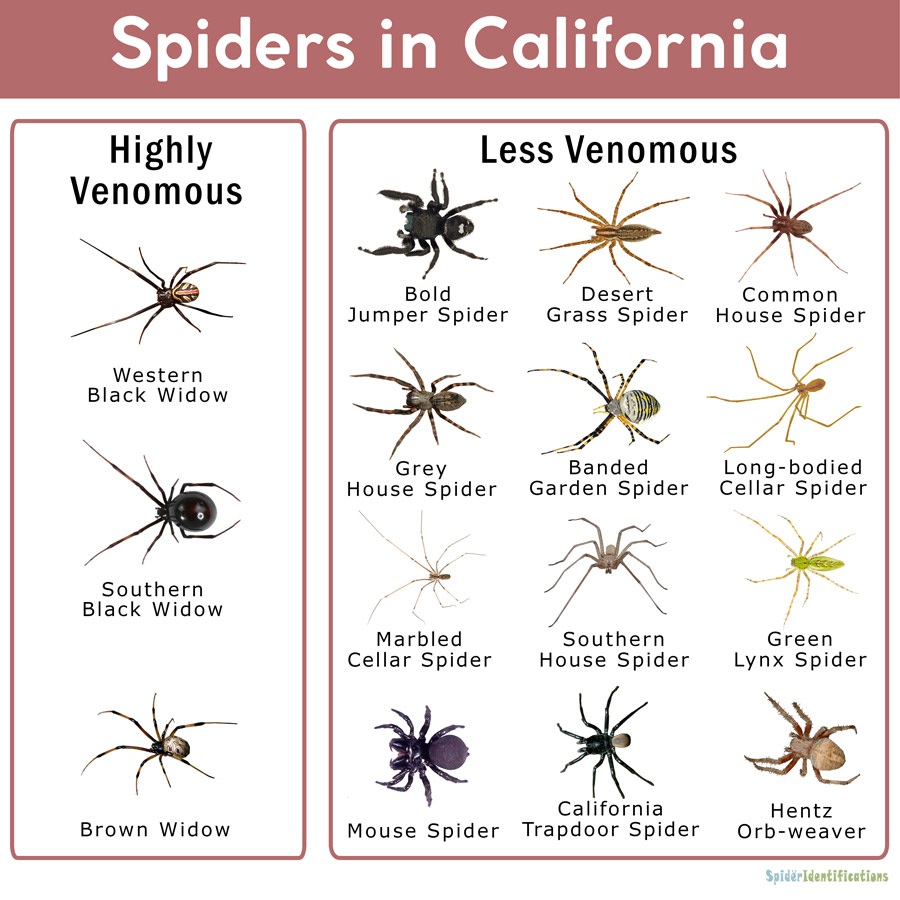Spiders are everywhere, even if you can’t see them. The eight-legged arachnids can live in almost any environment or climate. You may come across one of these creatures in your home or out in the wild at some point. After all, the US National Library of Medicine reports that there are over 40,000 different types of spiders in the world. Although spiders are generally afraid of humans, they will bite if they feel threatened.
The severity of your bite wound depends on the type of spider that bit you. Some spider bites are safe, while others are not. If you have been bitten by a poisonous spider, such as a brown recluse spider or the infamous black widow spider, you will most likely know right away. The bite and surrounding area will be painful and will get worse over time.
Here are the signs of a spider bite
You have pain near the bite
This is one of the most common symptoms of a poisonous spider bite.
Pain from a black widow spider bite usually appears 60 minutes after the bite. According to the Mayo Clinic, pain can radiate from the wound to your abdomen, back, or chest. A brown recluse spider bite causes pain as well, but it is a gradual process that takes about eight hours to rear its horns. However, not all pain is harmful. A wolf spider bite is painful but not toxic.
According to the Mayo Clinic, over-the-counter pain relievers such as ibuprofen and acetaminophen can also provide relief. Before treating the wound, consult your doctor.
You can’t stop itching a certain area of your body
Tarantulas may appear frightening, but hairy spiders are not poisonous. According to US News & World Report, tarantula bites can cause an allergic reaction. The bite and surrounding area may become itchy as a result. This is a typical symptom of a spider bite.
You develop a blister
Most spider bites in the United States do not result in blisters, but brown recluse spiders do. Clean the blister and surrounding area with warm water and mild soap to treat the infection. Utilize an antibiotic cream. This will aid in the fight against infection. Make an appointment with your doctor if you notice the blister and the surrounding area turning blue, purple, or black.
Your muscles feel achy and are cramping
According to MedBroadcast, if you have been bitten by a poisonous spider, such as the black widow spider, you may experience muscle spasms and cramps. The venom can also cause muscle pain. This usually starts in the bite area and lasts 30 to 60 minutes after the bite.
You feel hot or have the chills
If you don’t treat a spider bite right away, it can cause a fever or chills. A rise in body temperature may indicate that you have been bitten by a poisonous spider. According to Healthline, spider venom can destroy tissue in the area of the bite and cause your body to raise a fever. Chills occur when the body begins to combat an infection.
These are just a few of the signs of a spider bite. Fall is spider season, so protect your home and family by giving Official Pest Prevntion a call today and let us insure your home is spider free this season.



